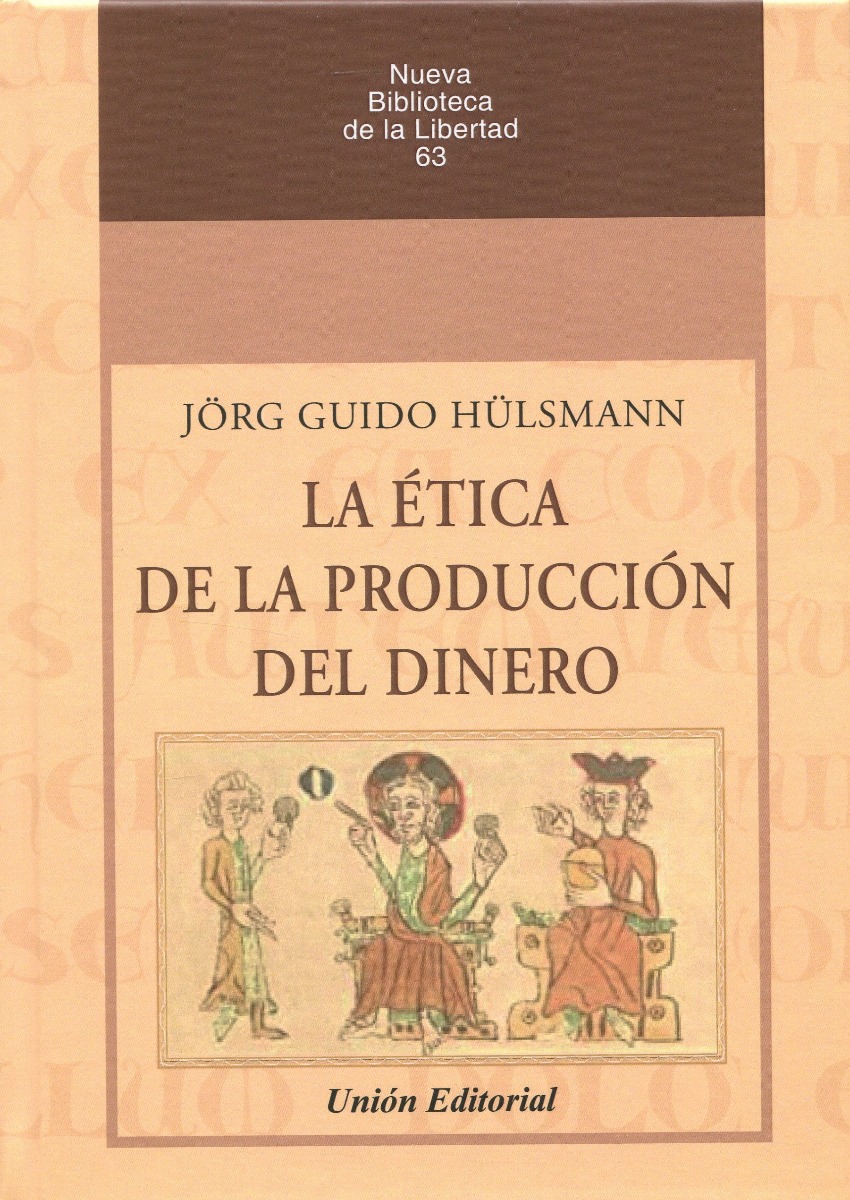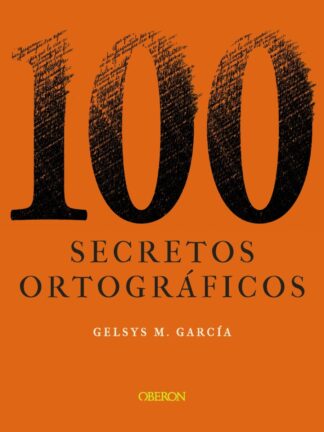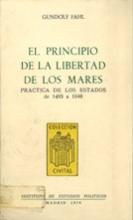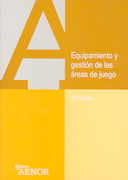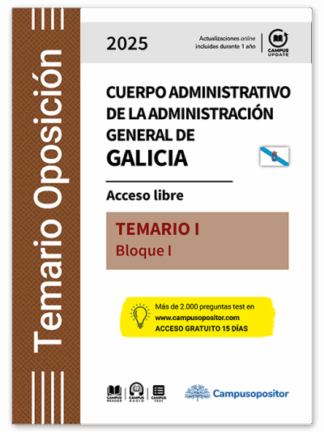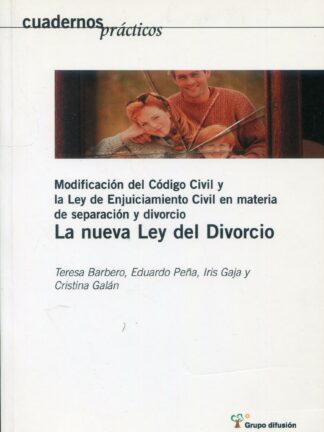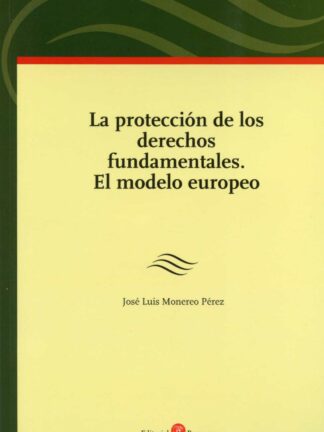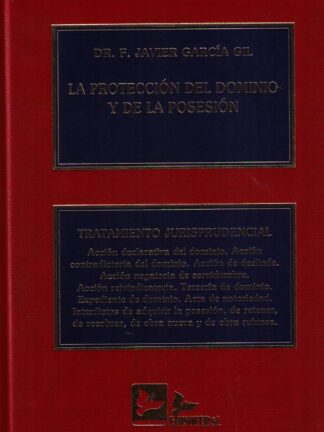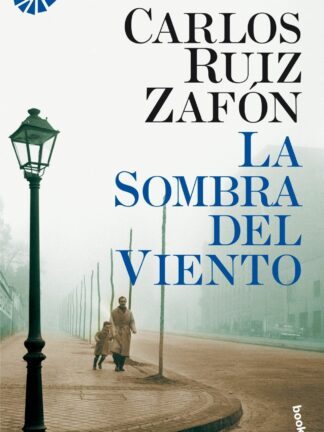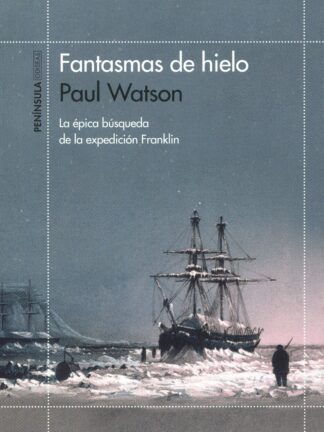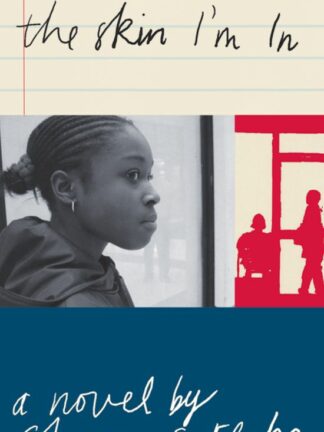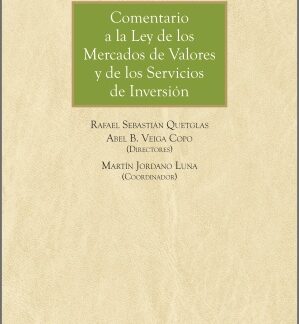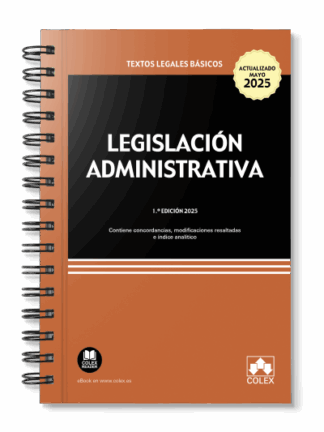Edited by Aga Skrodzka, Associate Professor of Film and Media Studies, Clemson University, Xiaoning Lu, Lecturer in East Asian Languages & Cultures, University of London, and Katarzyna Marciniak, Professor of Transnational Studies, Ohio
Aga Skrodzka is Associate Professor of Film and Media Studies at Clemson University, where she spearheaded the creation of the World Cinema Program. She is the author of Magic Realist Cinema in East Central Europe and a forthcoming book on the figure of the sex slave in visual culture.
Xiaoning Lu is Lecturer in East Asian Languages & Cultures at SOAS, University of London. Her research, which focuses on Chinese socialist cinema and culture, has appeared in journals and edited collections including the Journal of Chinese Cinemas, Journal of Contemporary China, Maoist Laughter, and Words and Their Stories: Essays on Chinese Revolutionary Discourse.
Katarzyna Marciniak is Professor of Transnational Studies at Ohio University, where she specializes in the discourses of immigration and foreignness. She is the author of Streets of Crocodiles: Photography, Media, and Postsocialist Landscapes in Poland and co-editor of Teaching Transnational Cinema: Politics and Pedagogy and Transnational Feminism in Film and Media.
Contributors:
Djurdja Bartlett, Reader in Histories and Cultures of Fashion, University of the Arts London
Sara Blaylock, Assistant Professor of Art History, University of Minnesota Duluth
William C. Brumfield, Professor of Slavic Studies and Sizeler Professor of Jewish Studies, Tulane University
María A. Cabrera Arús, Craig M. Cogut Visiting Professor, Brown University
Cristina Cuevas-Wolf, Independent Scholar and Curator, Resident Historian, Wende Museum
Lindiwe Dovey, Professor of Film and Screen Studies, SOAS University of London
April Eisman, Associate Professor of Art History, Iowa State University
Antonia Finnane, Honorary Professor in the School of Historical and Philosophical Studies, University of Melbourne
Dana Healy, Senior Lecturer in Vietnamese Studies, SOAS University of London
Nick Hodgin, Lecturer in German Studies, Cardiff University
Anikó Imre, Professor of Cinema and Media Studies, School of Cinematic Arts, University of Southern California
Rohan Kalyan, Assistant Professor of International Studies, Virginia Commonwealth University
Yulia Karpova, Assistant Archivist at Open Society Archives at Central European University
Vivian Y. Li, The Lupe Murchison Curator of Contemporary Art, Dallas Museum of Art
Jacqueline Loss, Professor of Latin American Literary and Cultural Studies, University of Connecticut
Xiaoning Lu, Lecturer in East Asian Languages & Cultures, SOAS, University of London
Joshua Malitsky, Associate Professor of Cinema and Media Studies, Indiana University
Katarzyna Marciniak, Professor of Transnational Studies, Ohio University
Laura U. Marks, Grant Strate University Professor in Contemporary Arts, Simon Fraser University
Magdalena Moskalewicz, Lecturer of Art History, Theory and Criticism, School of the Art Institute of Chicago
Doreen Mende, Associate Professor in Visual Arts, HEAD Geneva University of Art and Design
Pablo Müller, Senior Research Associate, Lucerne University of Applied Sciences and Arts
Stephen M. Norris, Walter E. Havighurst Professor of Russian History and Director of the Havighurst Center for Russian and Post-Soviet Studies, Miami University
Serguei Alex. Oushakine, Professor of Anthropology and Slavic Languages and Literatures, Princeton University
Constantin Parvulescu, Senior Researcher in Film and Media Studies, Babes-Bolyai University
Birgitte Beck Pristed, Associate Professor of Russian Studies, Aarhus University
Vicente Sánchez-Biosca, Professor in Film Studies and Visual Culture, University of Valencia
Aga Skrodzka, Associate Professor of Film and Media Studies, Clemson University
Iulia Stătică, Visiting Scholar at the Mario Einaudi Center for International Studies, Cornell University
Jaroslav Švelch, Assistant Professor of Media Studies, Charles University
Claudiu Turcuş, Associate Professor in Film and Literary Studies, Babes-Bolyai University
Travis Workman, Associate Professor in Asian and Middle Eastern Studies, University of Minnesota, Twin Cities
Kimberly E. Zarecor, Professor of Architecture, Iowa State University

